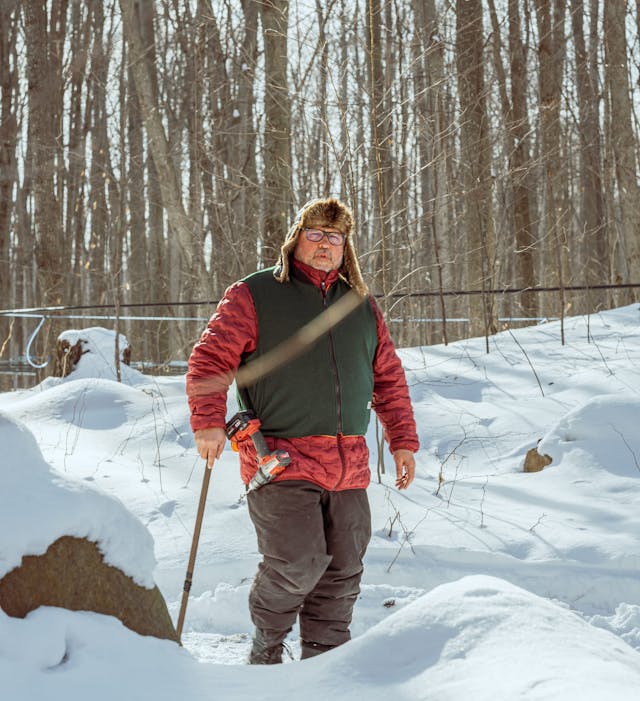Leaning against the bar of his new location for Kwizinn since moving it to Old Montreal, Mike Lafaille’s now into his biggest phase yet: Moving shop from an address on Wellington in Verdun, the Haitian-Montrealer chef taken over the space that once housed Laurent Godbout’s Chez L’Epicier—with new ambitions.
“Moving to the Old Port, it’s the crème de la crème, the top of the tops: We’re exposed to tourists, we can share what Montreal is about: Diversity,” Mike says.


Photograph: Alison Slattery / @twofoodphotographers (left) & Adam Lepp / @adam_lepp (right)
“Our mission is to create gastronomy that’s never been seen before,” he adds. “There are a few of us out there: I have a lot of respect for Paul Toussaint at Kamúy and Jae-Anthony Dougan at Tropikàl, and we’re the three doing I think others might be scared of.”
For readers who care about Montreal
Create a free account to read this story and access 3 articles per month, plus our weekly Bulletin.










![The Bulletin: Disco Chinois, Dolly Parton Pinball, and Gambling Laboratories [Issue #170]](/_next/image?url=https%3A%2F%2Fthemain.ghost.io%2Fcontent%2Fimages%2F2026%2F02%2FCCM-montrealchinois-web-2__1_.jpg&w=256&q=75)


![The Bulletin: Springtime is an age-defying beauty hack in Montreal [Issue #73]](/_next/image?url=https%3A%2F%2Fthemain.ghost.io%2Fcontent%2Fimages%2F2024%2F04%2F49123-Credit-FR---%40jfsavaria---Tourisme-Montr-al-EN-Credit---%40jfsavaria---Tourisme-Montr-al.jpg&w=640&q=75)


![The Reeds: A Novel [Stamped by Author]](/_next/image?url=https%3A%2F%2Fcdn.shopify.com%2Fs%2Ffiles%2F1%2F0601%2F1709%2F0544%2Ffiles%2FIMG_9098.heic%3Fv%3D1730301494&w=1920&q=75)